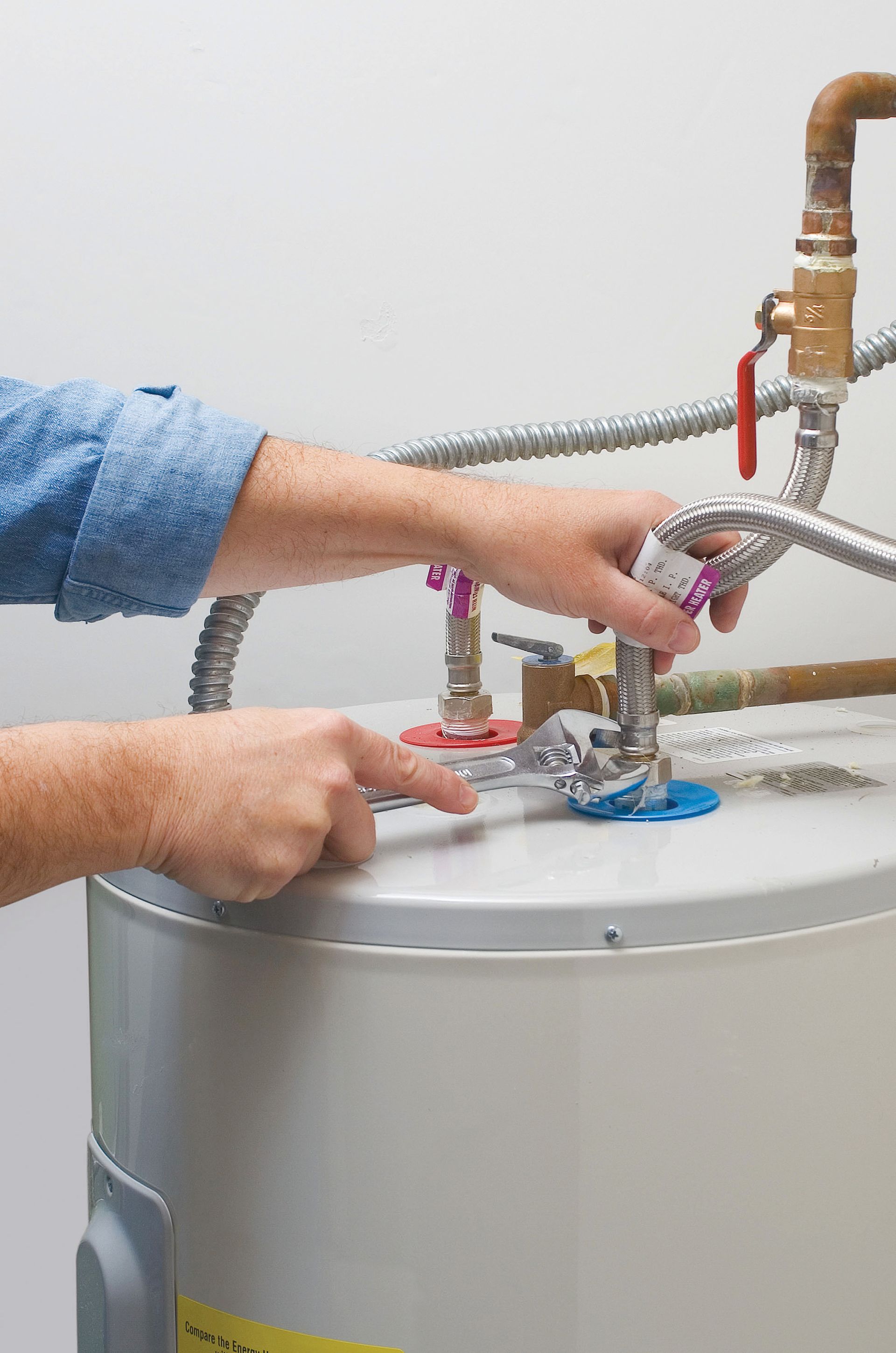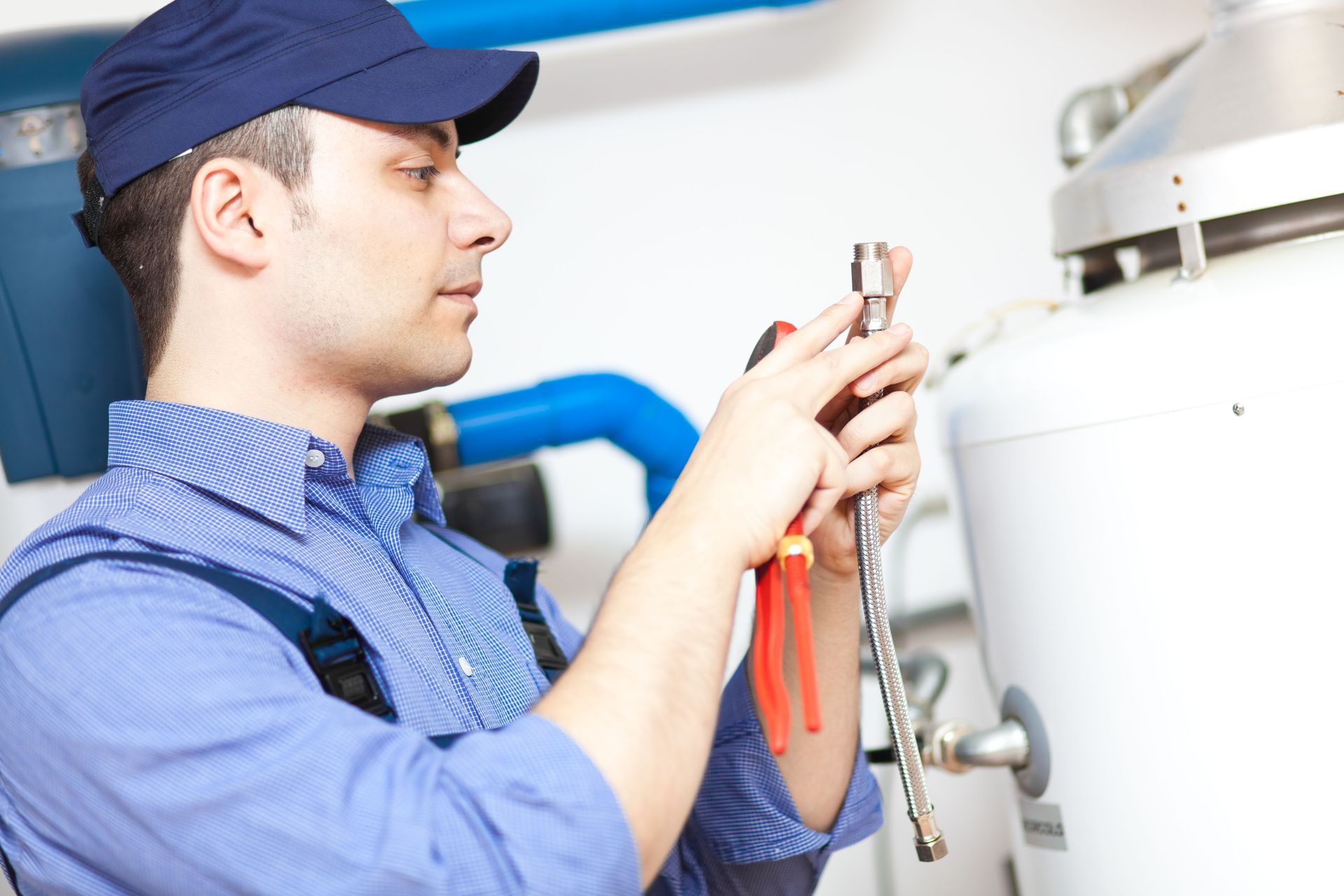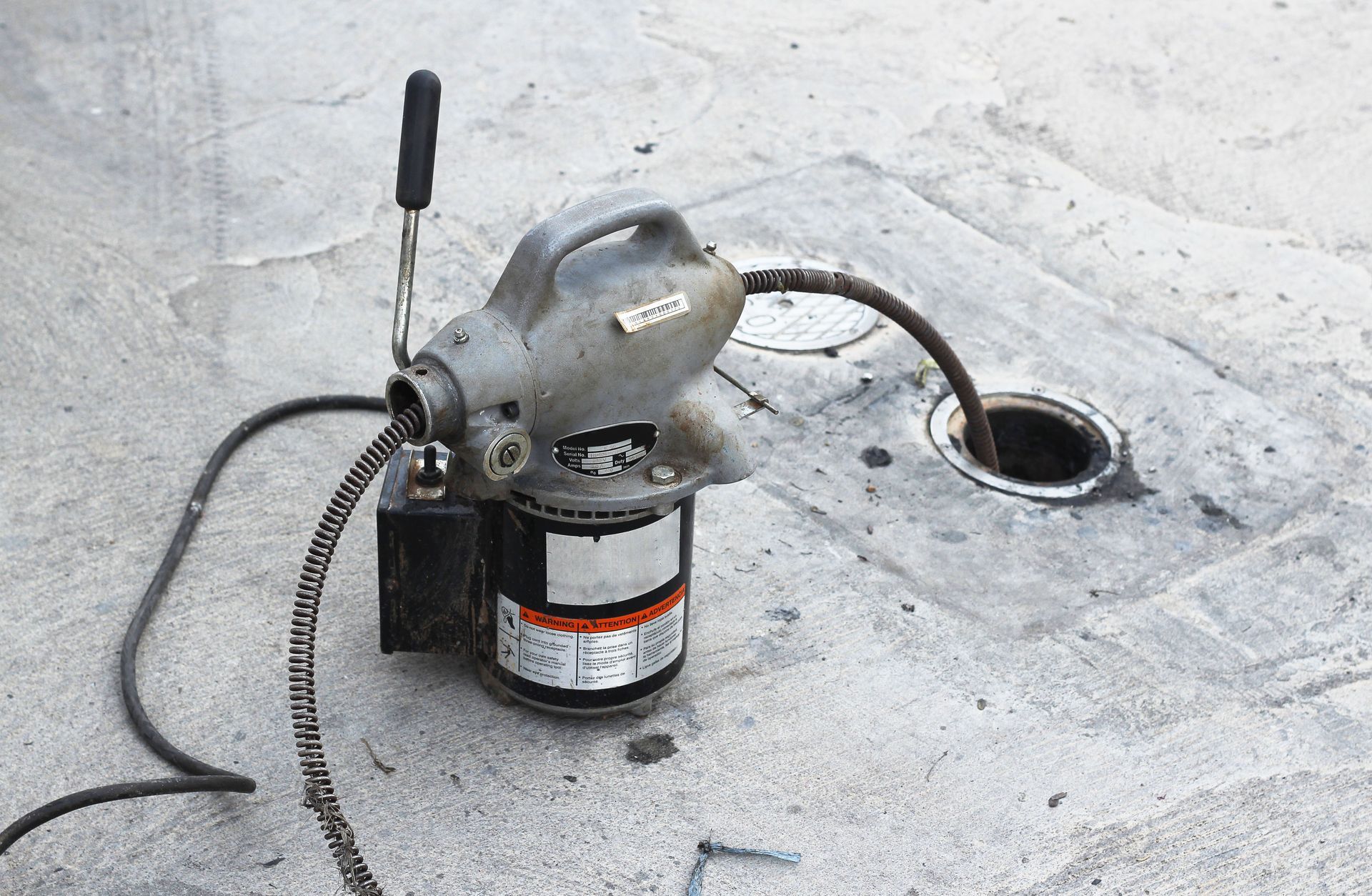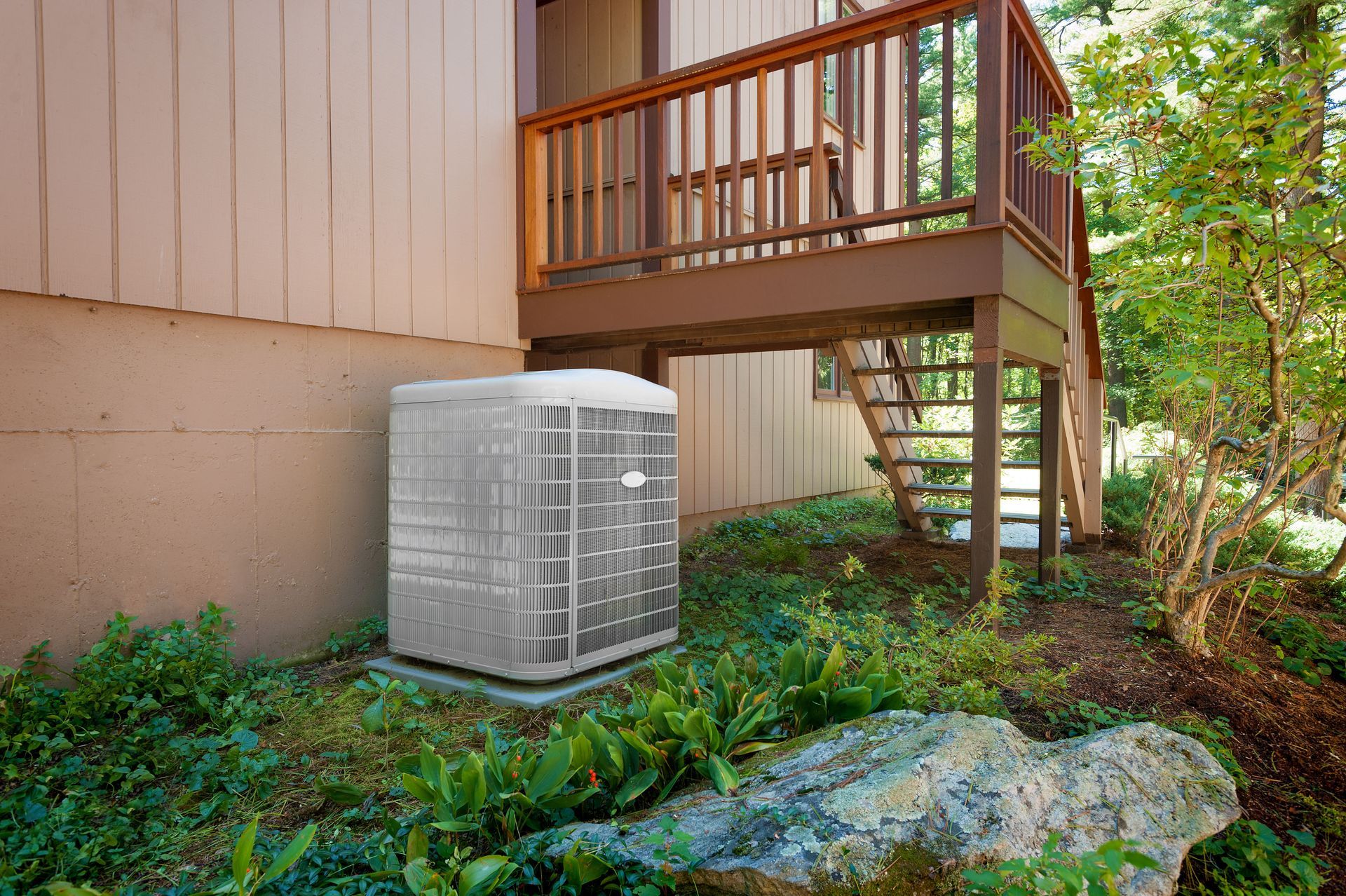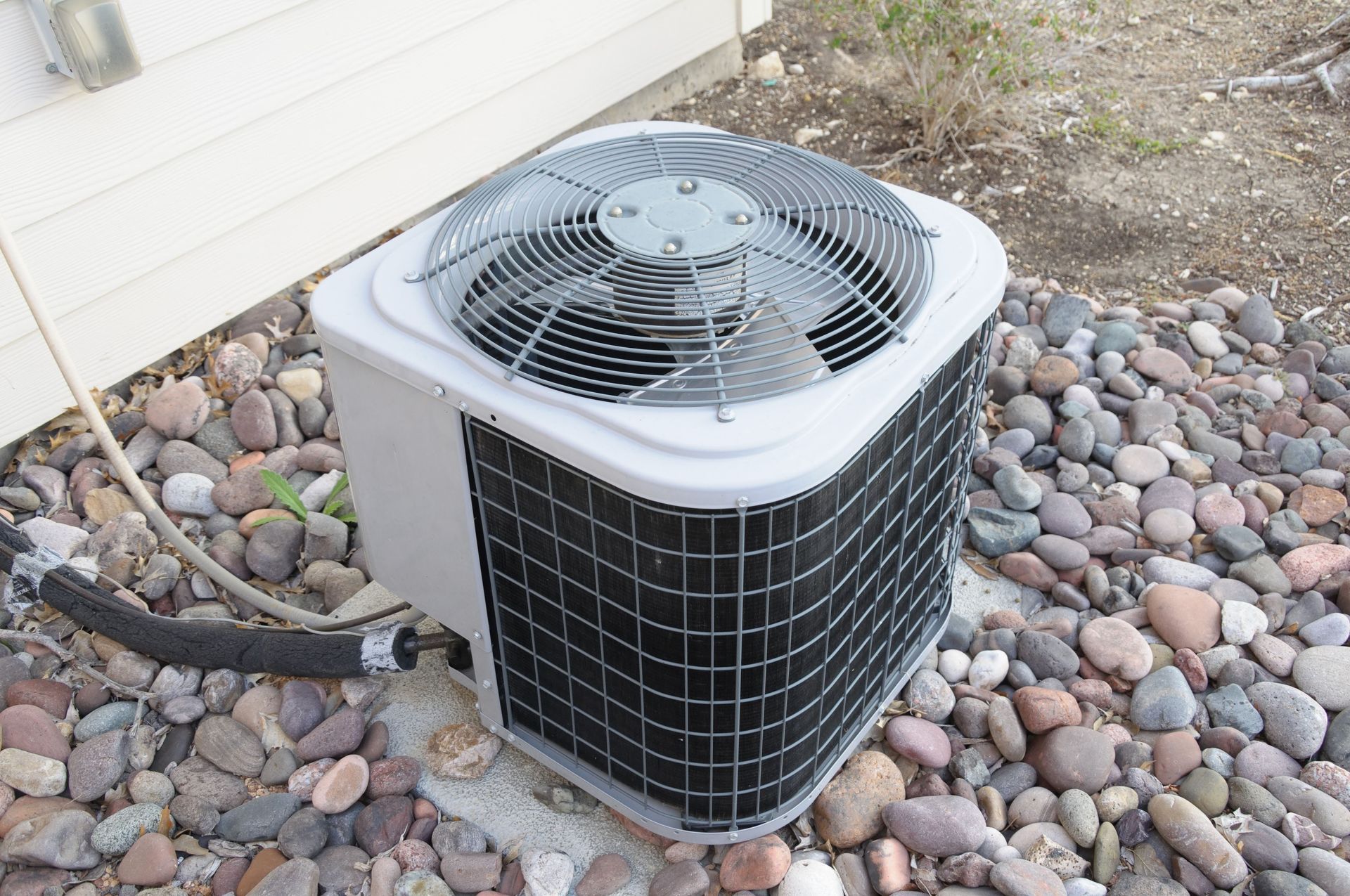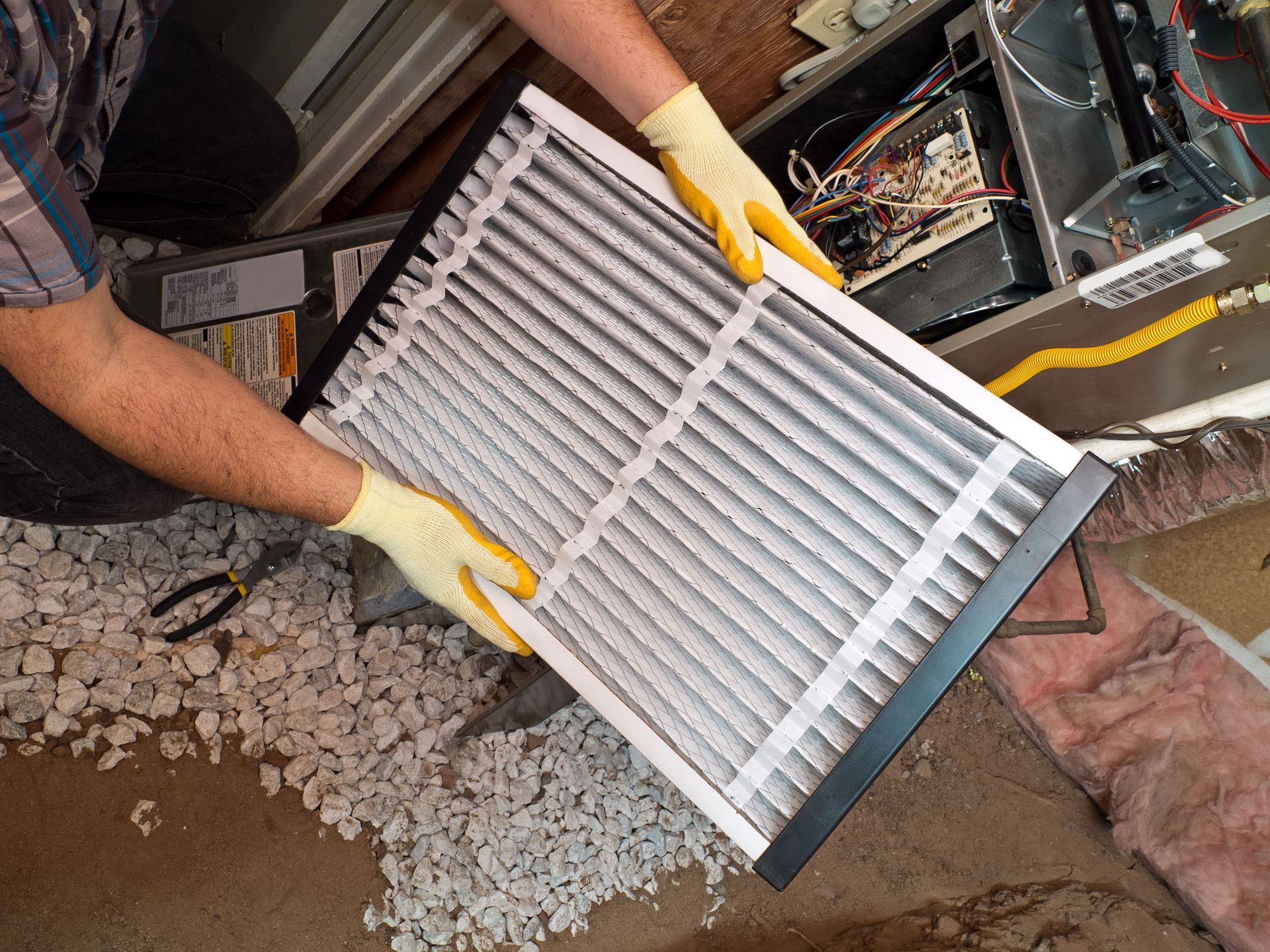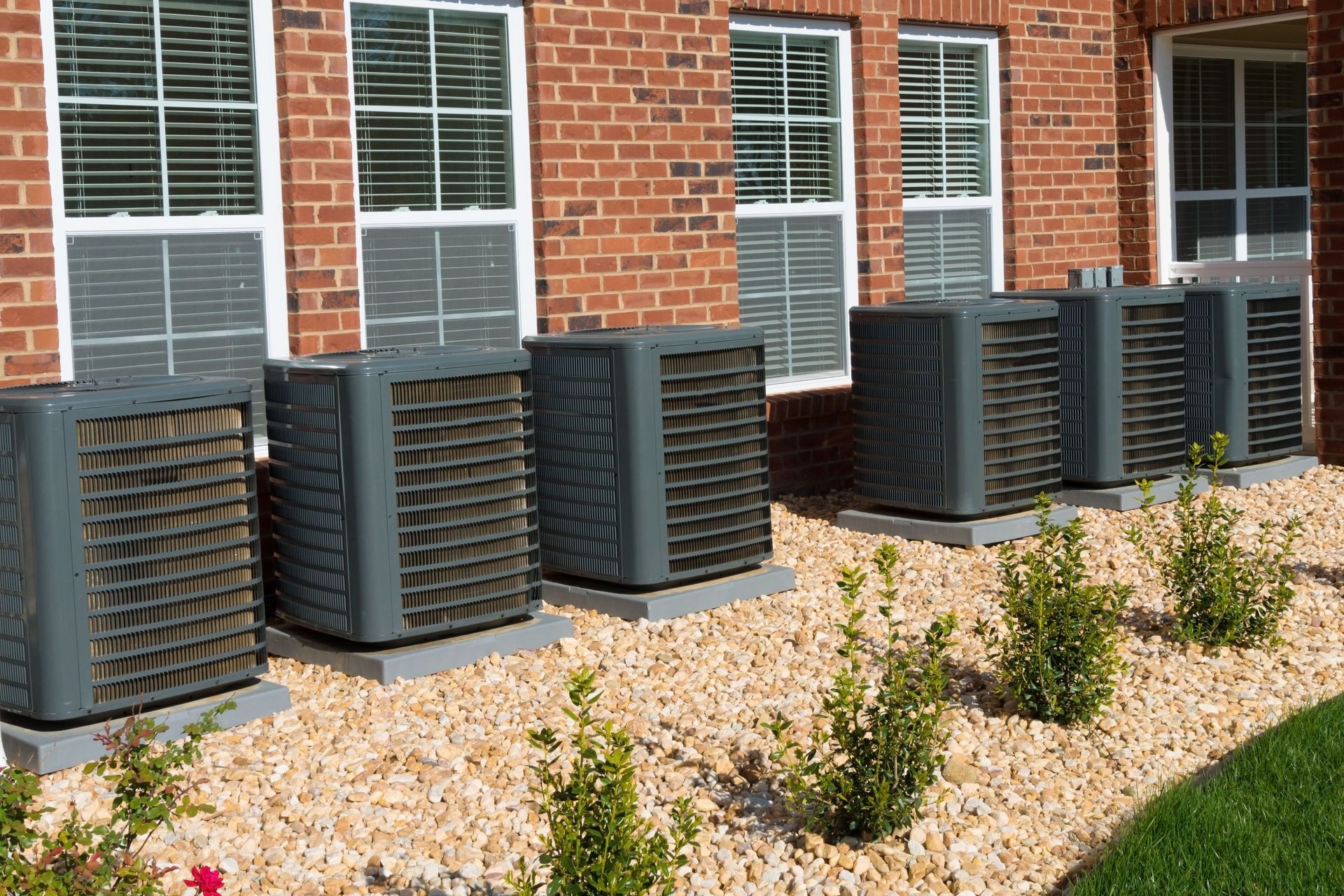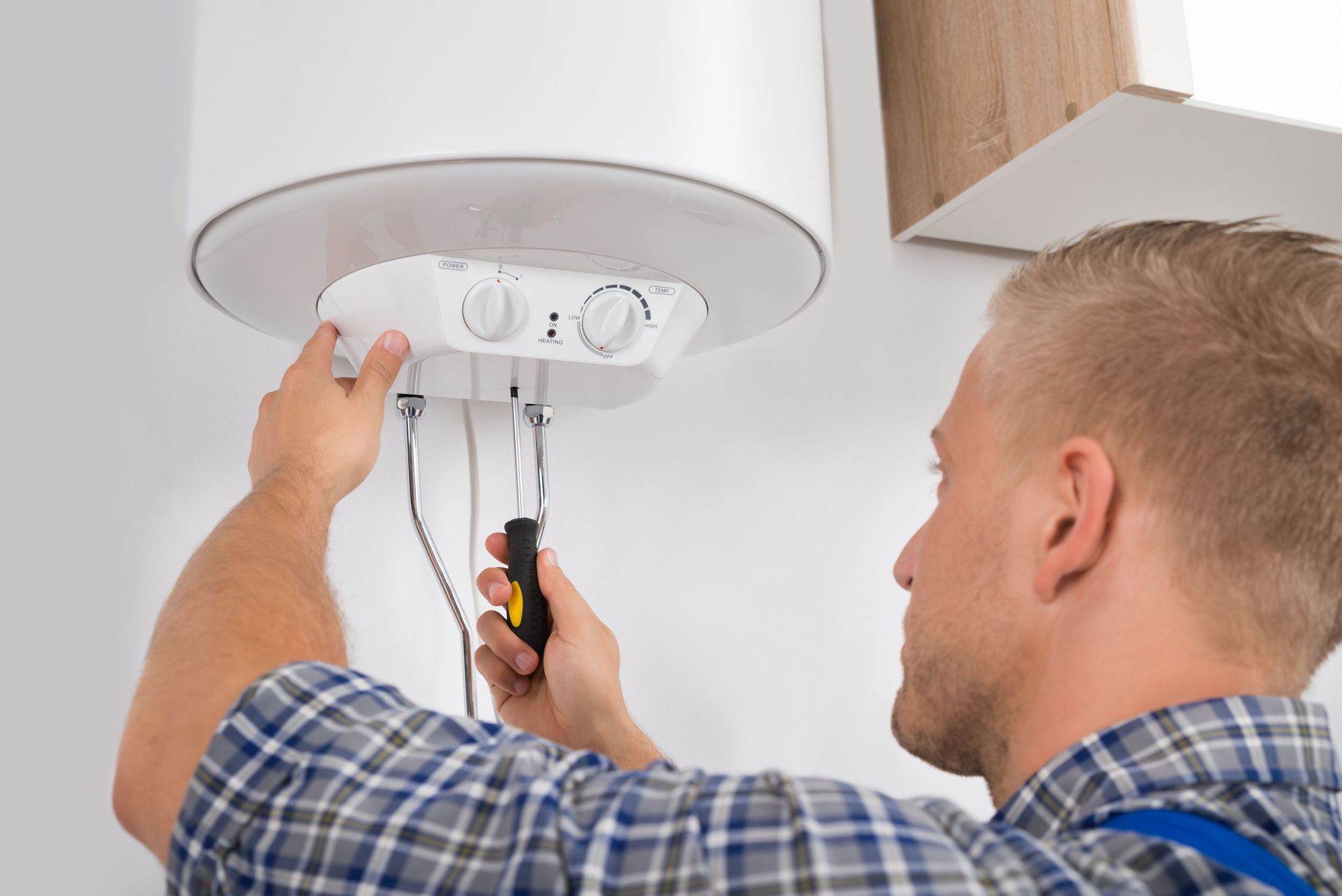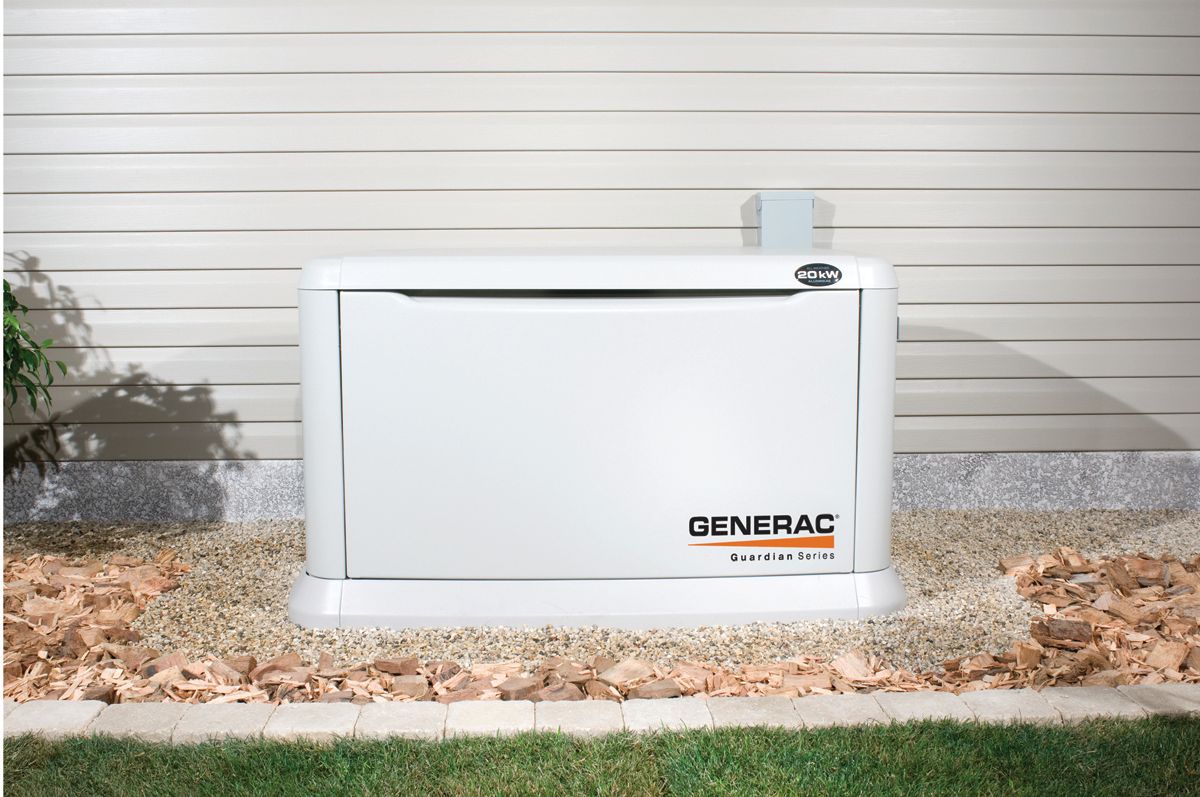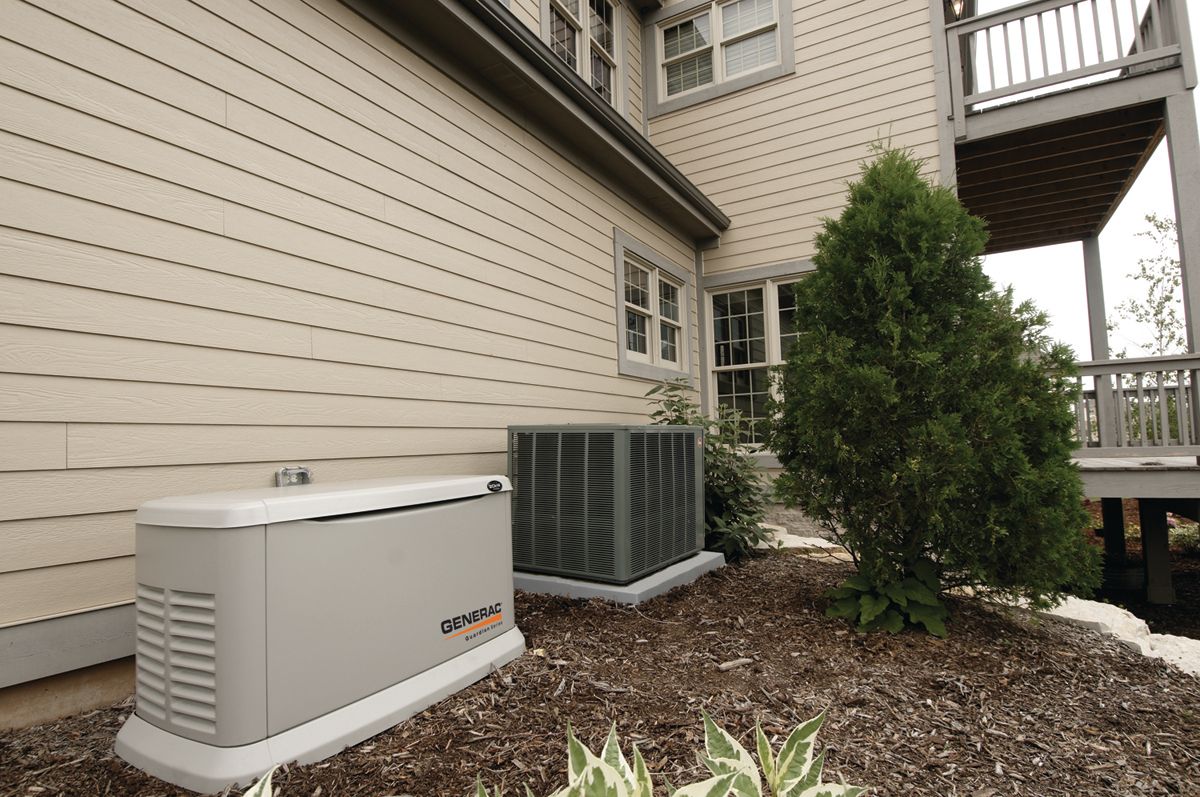How Generators Can Protect the Safety of Your Family and Home
Power outages are more than just an inconvenience; they can pose serious risks to your family's safety and your home's integrity. From severe weather to infrastructure failures, outages often strike unexpectedly, leaving families without essential resources like heating, cooling, refrigeration, or communication tools. In such situations, a generator is a crucial investment that ensures continuity, comfort, and protection. Plus, according to HomeGuide, standby generators last 15 to 30 years or 10,000 to 30,000 hours. This comprehensive guide explores the many ways generators safeguard your family and property, making them an indispensable part of modern home preparedness. We hope this blog will offer more insight into the lesser-known aspects of owning a generator!
Reliable Power During Emergencies
When the power goes out, life is disrupted. Basic necessities like lighting, food preservation, and communication suddenly become challenges. Generators bridge this gap by providing an immediate and reliable source of electricity, helping families maintain normalcy in emergencies.
One of the most critical benefits of a generator is its ability to power medical equipment. For households with members reliant on devices like oxygen concentrators, CPAP machines, or home dialysis units, a loss of power can be life-threatening. Generators ensure these vital systems stay operational, offering peace of mind during prolonged outages.
Generators also play a key role in maintaining communication. In emergencies, staying informed is essential, whether it's receiving updates on weather conditions, accessing local alerts, or contacting loved ones. A generator powers phones, radios, and internet routers, ensuring you remain connected and informed even in challenging circumstances.
Preserving Food and Water Supply
Another immediate concern during power outages is the risk of food spoilage. Refrigerators and freezers lose their ability to keep perishables cold within hours of an outage, leading to waste and potential health risks. A generator keeps these appliances running, preventing spoilage and saving hundreds of dollars in groceries.
For homes that rely on well water, outages can disrupt the water supply entirely. Electric well pumps are essential for drawing water, and without power, they cease to function. This affects drinking water, sanitation, and hygiene. A generator ensures a steady supply of water, safeguarding your family's basic needs.
Securing Your Home
Power outages often compromise home security, leaving properties vulnerable to both accidents and intruders. Many modern security systems, including alarms, surveillance cameras, and automated locks, require electricity to function. A generator ensures these systems remain active, keeping your home protected even when the grid is down.
Outdoor lighting is another essential feature that generators maintain. A well-lit exterior deters potential intruders and prevents accidents caused by darkness, such as trips and falls. By keeping your home secure and illuminated, a generator provides both safety and peace of mind.
Maintaining Comfort and Health
While safety is paramount, comfort during an outage also plays an important role in protecting your family's well-being. Extreme temperatures can pose significant health risks, particularly for the elderly, young children, or individuals with pre-existing medical conditions.
Generators allow heating and cooling systems to function, ensuring your home remains livable during severe weather. In winter, they prevent exposure to freezing temperatures, which can lead to hypothermia or other cold-related illnesses. In summer, they power air conditioning units, reducing the risk of heat exhaustion or heatstroke.
Additionally, generators power lights and entertainment devices, creating a sense of normalcy during an otherwise stressful time. Children can watch TV or play games, helping to ease anxiety during extended outages.
Preventing Property Damage
Generators not only protect your family but also safeguard your home from damage caused by power outages. One significant risk during storms is basement flooding. Sump pumps are essential for removing water, but without electricity, they stop working. A generator keeps your sump pump operational, preventing water damage and costly repairs.
Power surges are another concern when electricity is restored after an outage. Sudden voltage fluctuations can damage appliances, HVAC systems, and electronics. Generators provide consistent power, shielding your home from these risks and preserving your investments.
Choosing the Right Generator
Not all generators are created equal, and selecting the right one depends on your specific needs. Portable generators are a popular choice for their affordability and versatility. They're ideal for short-term outages and can power essential appliances like refrigerators, lights, and small heaters. However, they require manual setup and regular refueling.
Standby generators are a more robust solution for homeowners looking for long-term reliability. These systems are permanently installed and automatically activate when an outage occurs. They run on propane or natural gas, offering seamless operation without the need for manual intervention. While more expensive upfront, standby generators provide unmatched convenience and peace of mind.
Inverter generators are another option, known for their quiet operation and fuel efficiency. They're particularly suited for smaller homes or powering sensitive electronics like laptops and medical devices. Choosing between these options depends on factors like budget, power requirements, and desired level of automation.
Safely Using Generators
To maximize the benefits of a generator, proper usage and installation are crucial. For standby generators, professional installation is essential to ensure they're connected correctly to your home's electrical system. This process involves setting up a transfer switch, which safely transitions power between the grid and the generator.
Ventilation is another critical safety consideration. Generators produce carbon monoxide, an odorless and deadly gas. Always operate generators outdoors in a well-ventilated area, away from windows, doors, or vents. Never use a generator indoors, including in garages or enclosed spaces.
Regular maintenance is also key to keeping your generator in top condition. This includes checking fuel levels, inspecting filters, and testing the system periodically to ensure it's ready when you need it most. Many manufacturers offer maintenance plans or guidelines to help you keep your equipment running smoothly.
Knowing Long-Term Benefits of Generators
While the initial cost of a generator may seem significant, the long-term benefits far outweigh the investment. Beyond protecting your family and home during outages, generators can add value to your property. Standby generators, in particular, are viewed as a desirable feature by potential buyers, making them a smart investment for homeowners.
The peace of mind that comes with owning a generator is invaluable. Knowing that your family will be safe, comfortable, and secure during a power outage is worth every penny. Generators also provide a level of independence, ensuring you're not entirely reliant on the power grid in an increasingly unpredictable world.
Keeping Vital Tools for Modern Homes
In today's world, power outages are no longer a rare occurrence. Weather patterns are becoming more extreme, and aging infrastructure increases the likelihood of utility failures. As a result, generators are no longer a luxury; they're a necessity.
From preserving food and powering medical devices to maintaining security and preventing property damage, generators play a crucial role in keeping families safe and homes protected. They offer a reliable solution to the challenges posed by outages, providing both immediate relief and long-term peace of mind.
By investing in a generator, you're not just preparing for the unexpected, you're actively protecting your family, home, and future. Whether you choose a portable, standby, or inverter model, the benefits of having a generator far outweigh the costs. In times of uncertainty, a generator is your family's lifeline, ensuring safety, security, and comfort when it matters most. Be sure to reach out to John H. Coleman Co today for more information on our professional generators!



